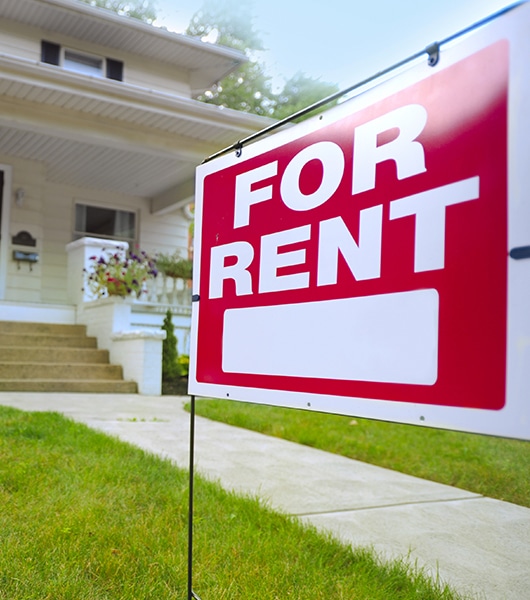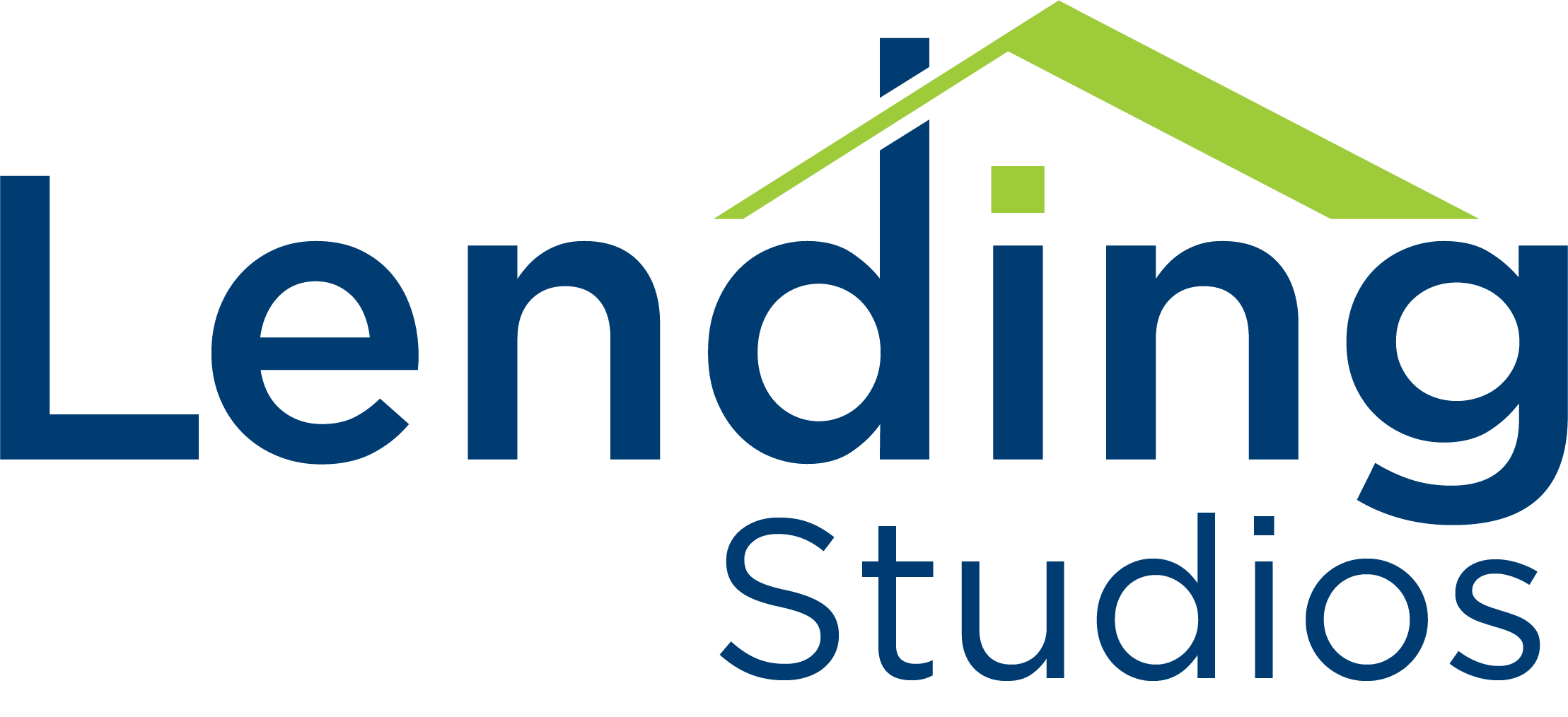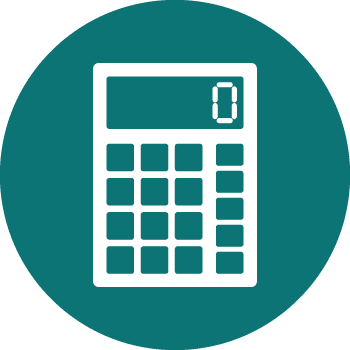How to Get Started In Real Estate Investment With a Cash-Out Refi
Many folks see the merit in becoming a landlord. It’s an excellent source of “passive income,” which is very important to many in the newer generation. It’s a wealth-building strategy for most, and it’s a good investment strategy as well. After all, what’s a few handyman repairs in return for another piece of land that you can call your own and rent out to others? However, accessing enough capital to buy the rental property, get it ready for renters, and start advertising your rental is no small thing. Ideally, you’ll be able to purchase multiple different properties and you’ll be able to allow your equity in each house to build over time. You’ll be able to build property value with periodic home improvements and, hopefully, have a house that’s worth more than you paid for it when all is said and done. If you have your heart set on owning rental properties or even getting started with a single one, a cash-out refinance could be a way to pursue this end.
How should you go about using a cash-out refinance to start your investment property journey? We’ll guide you through.
The Meat and Potatoes of a Cash-Out Refi
If you’re unaware of how a cash-out refinance works and what it does, we won’t leave you in the dark. Like any other type of refinancing, a cash-out refinance replaces the current mortgage on your house with an updated version of a loan.
How It Works
Refinances function by recalculating the amount you owe on the home, adjusting the monthly mortgage payment, and, at times, lowering your interest rate payments for your loan as well. During a refinance, if you have a second mortgage that you’re currently paying, you can often roll them into one. Depending on the type of refinance you seek out, you can vary term limits and some aspects of the initial loan. A cash-out refinance, as an example, allows you to pull money from the existing equity of your home to use as you please. Your loan will simply be calculated using what you have left to pay on your mortgage based on the remaining down payment which is, in this case, the existing equity you have in your home.
After you’ve secured your cash-out refinance, you’ll be able to walk away with a large sum of money pulled directly from the equity you built in your house. This is an excellent opportunity to secure the money you need for a down payment on an investment property. While the cash you access from your home equity can technically be used for anything you’d like, including a vacation if it strikes your fancy, most people use this money as a way to bolster their investment portfolio and build wealth.
If you’re considering utilizing the cash from a cash-out refinance to fund a rental property investment, this is a great place to start.

Guidelines For Using Cashed Out Equity For An Investment Property
You’ll likely be surprised to know that there are different rules for investment property purchases rather than main residence purchases. For example, primary mortgage insurance won’t apply to any investment property you purchase. So, regardless of whether you’re getting the 20% down for the new property strictly from the existing equity in your current home, or if you’re using it to bolster your down payment, you’ll still need a 20% down payment to purchase your rental property.
Let's Break it Down
beyond the down payment restrictions, there are a number of other restrictions regarding the loan process for an investment property when compared to how you secured a loan for a primary residence. To successfully secure the second loan, you’ll need to model an exceptional credit score and have evidence of having plenty of cash reserves to support your current property and the new property. Since acquiring rent money can be harder than you’d think and rental properties can be more maintenance than you’d think, the lender will need a certain sense of security when approving the loan.
The lender will go through a series of questions with you to explore whether you’re overextending yourself financially by purchasing this rental property. They’ll also want more insurance on the loan, which often means that the interest rate on your mortgage for your investment property will be higher than the going interest rates might initially imply. The interest rate in this case ensures that, since investment property can be a somewhat riskier investment than your initial home purchase, that the lender is more protected should the borrower default on the loan at some point.
Becoming a Landlord
You may think it’s as simple as investing in the property, slapping a new coat of paint on the wall, and putting up a Craigslist ad to fill a vacancy but it’s not. To begin your journey to owning an investment property, we first would recommend that you understand the tenant’s rights in your state as well as the landlord’s rights. For example, as a landlord, you’ll be legally required to cover the cost of any repairs that might be needed while a tenant is living there. You’ll have to ensure the repair is done properly and in a timely manner. You’ll also need to be prepared to take calls at odd hours of the night and day in order to provide the repairs needed for the tenants. You can expect these emergency calls to not always pertain to actual emergencies. Some tenants may pay rent late and call you when a light bulb needs replacing, yet you’ll still be obligated to accommodate them and their requests.
However, investment properties, despite the inconvenience are still a great way to invest, especially if you’re looking for a more secure way to access a form of passive income. If you generate enough revenue from your rental you can even invest in a property management company that keeps up with repairs and does the renter interactions for you so that you no longer have to worry about the specifics. Instead, you’ll simply be earning money off of a property you purchased with a little slice of your original nest egg (your home equity).

Schedule a Consultation With Lending Studios To Get Started
If you’re not sure if a cash-out refinance is the best option for you and your current financial situation, please don’t hesitate to reach out to us. We’re always happy to help you explore the nuance in your financial plans and your current financial situation. We know exactly how hard it can be to find the right path to take to build wealth with the assets you have. We’re here to help illuminate the refinancing process and explore your best options for your future. Reach out to us to schedule an initial consultation so we can help you explore our offerings.
If you’re looking for another way to research your refinancing options, we recommend starting here.
Refinance Research Resources
Not Familiar With Refinance?
Your Loan Term Limits Matter
Weigh Your Refinance Options
Think You Already Qualify?
Refinance & Access Liquid Cash
Mortgage Calculators
Quickly predict your monthly mortgage payment and interest with this customizable tool!
Mortgage Resources
Leverage the tools you need to find a borrowing solution that fits your particular needs and budget.
Mortgage FAQs
Get answers to the most commonly asked mortgage questions.




